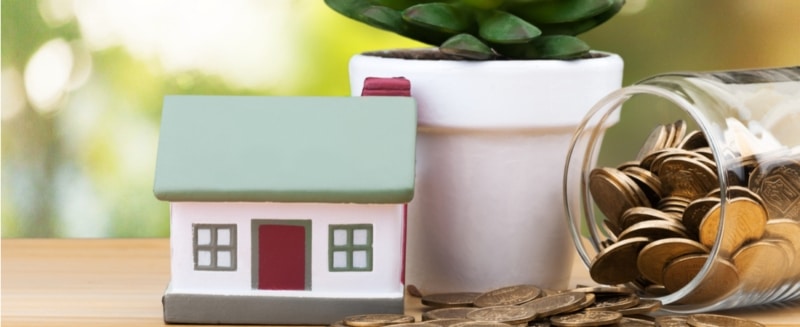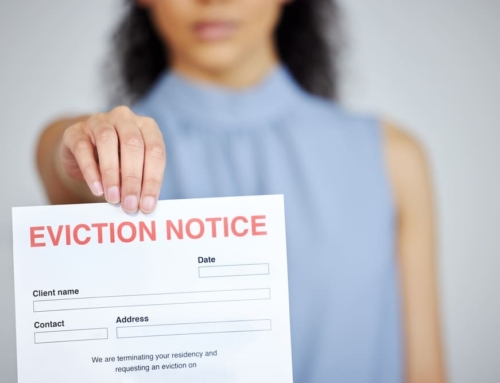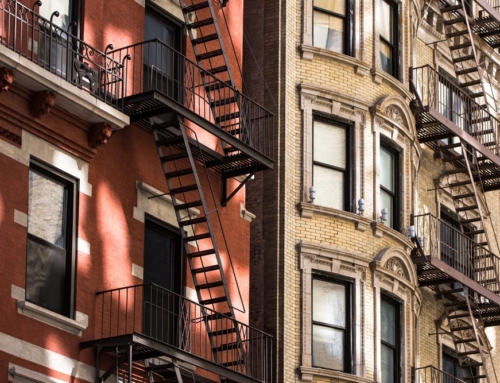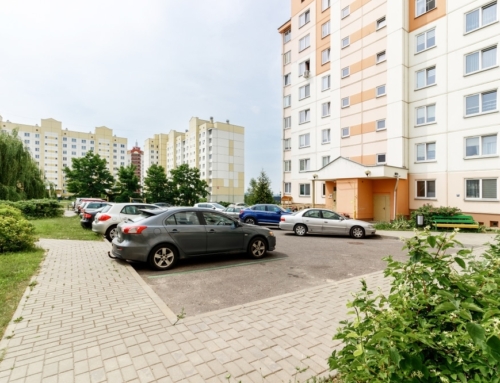Thinking about becoming a landlord? Renting out your home with a small VA loan has its benefits, but think hard about becoming a landlord.
Q: I am 51 years old and married without kids. Together, we earn around $100,000. I have a Veteran’s Administration (VA) mortgage with about $38,000 left on the loan. We also have about $200,000 in retirement savings and around $50,000 in savings and $70,000 in stocks.
I was thinking about refinancing my current VA loan, renting the house and buying a new home. We can use the rental to supplement our income and save some money. Do you think this is a good idea? We’re just tired of our neighborhood and it has gone down in value.
A: It’s nice to see that you have saved money for your retirement and have other savings as well. Your current VA mortgage of $38,000 is a truly low balance mortgage loan. You didn’t mention how long you’ve had the VA loan on your current home or the interest rate you’re paying on that loan. But it may not pay to refinance this loan. Instead, you could simply rent the property and continue to pay down the loan.
Given its size, we think it might be impossible to find a lender willing to refinance the loan at all, and if you do, the closing costs you’d be charged might eat into the savings you anticipate obtaining. The only way that would work is if you did a cash-out refinance, where you obtain a larger loan than is necessary to pay off the mortgage, and then use the cash as a down payment on a new property.
In buying your new home, you need to keep think about how much you’re paying in interest and for closing costs. You’ll also want to plan the timing carefully. Since you’d potentially be obtaining two loans at the same time, you don’t want lenders to think you’re a loose cannon and deny you one or both of the loans.
One thing stands out in your email. You mentioned that your current neighborhood has gone down in value. So the real question is why would you want to keep the home rather than just sell it and move on? The idea of becoming a landlord is not for everyone. And if you’re in a neighborhood that’s declining in value, it seems as though cutting ties and moving on would be a better idea.
Being a landlord has two pieces: Financial issues and the ongoing maintenance issues.
Before you make any decision, step back and think about how rentable your home actually is. If the rental market is strong in your area, even if home prices are declining, and you can get a decent monthly rental payment for your home, then the costs should outweigh the expenses and you’ll have overcome one big obstacle.
Your costs include the property taxes, maintenance and mortgage costs for the home. In your case, your mortgage costs might be really low unless you refinance and increase your loan balance. (You should know that you might need to disclose to your lender that you plan to rent your home and not use it as your residence.)
Then you have to think about what it’s like being a landlord day in and day out. You will still own the home and have the responsibility for its maintenance and upkeep. If you move far away, that responsibility can take a toll on you and you may need to hire a management company, which will eat into your profits. You also need to have the ability to deal with people as tenants. Dealing with tenants isn’t always easy.
Here’s another way to develop a more objective perspective. Your home will transform from being the place where you lived with your family to being an investment. If you were out looking for rental properties to buy, would you consider buying your home as your first investment?
If not, would it be because you feel the neighborhood is no longer the right place to own a home? You also have to consider the value of your home now and determine whether this home as an investment will give you a solid return over the next 10 or 20 years of ownership. If you determine that values will remain where they are today or go down, you would likely be better off selling your home and buying a rental property elsewhere.
These are some of the things you’ll need to consider as you ponder what to do about refinancing and keeping your existing home as a rental property. While keeping money in the bank has little or no return, you know your principal is safe. Recently a number of financial experts have been talking about how today’s low interest rates are causing people to put their money into other investments.
As Americans change their investment habits, they are choosing investments in which they can lose some, or all, of their principal invested. That can have very serious long-term financial consequences as Americans go into their retirement years.
If you decide that being a landlord is for you, think through the financial consequences carefully. Consider not only the stream of income you might get from renting the home but also future costs of keeping and maintaining the home.
Finally, you should talk to an accountant about your situation. Owning real estate can be advantageous from an income tax perspective, but in certain situations, you might find that you can’t get those benefits as they accrue annually. We’d rather you find out now what owning investment real estate will do to your federal income taxes than find out the hard way once.






Leave A Comment